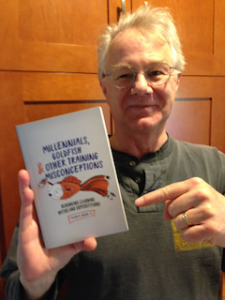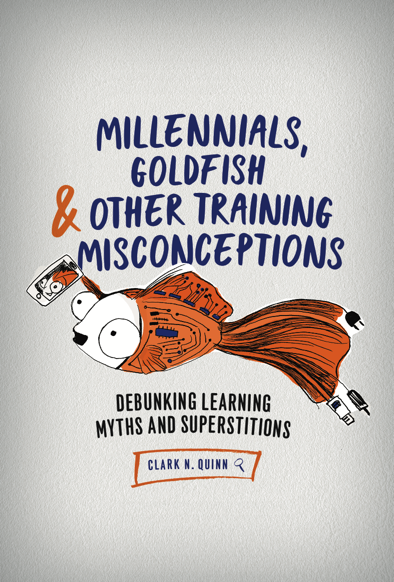I was talking with my friend and colleague Harold Jarche about how he’s expanding his valuable Personal Knowledge Mastery to teams and at the organizational level. Walking through his diagram, what is critical, what is being exchanged, are mental models. And I thought this an interesting insight.
I’ve talked before about mental models, and they’re important for learning. What they do is provide a causal basis for understanding what happened, and predicting what will happen. And that’s important. From such models, we can therefore evaluate different options, and choose the one that has the best outcome. They may not help in new areas, but they give us a basis for new and unique combinations of circumstances.
So, individually, we make decisions based upon models. In fact, our brains build models to explain the world. (Important for instruction to provide good ones.) And so when we experiment and reflect we may try to capture these models. Senge, in The Learning Organization talked about mental models as one of his 5 disciplines.
When we’re brought in on a team as a complementary set of knowledge and skills to solve a problem, we’re coming in with our models. In the ‘coherent organization‘ model, these have been developed through our community of practice, and are brought to bear on challenges we’re addressing. Results are shared back, particularly new insights. Similarly, our communities should be tracking others for models to appropriate and adapt.
Thus, the mental tools we use in this new age of information and innovation are conceptual causal models. We need tools to capture, represent, and share these models. And most importantly, I reckon, we need to understand the nature of these models to facilitate us taking the best advantage of them.
Our models may be exchanged, but they’re not transactional. Like a smile, we can give the away and still have them. But we can, and should, continue to acquire and develop them. Models are our value to our field and organizations.




